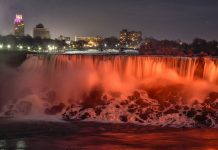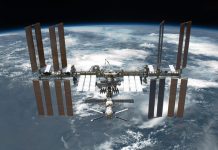Carles Puigdemont, the president of Catalonia, has urged the Spanish PM, Mariano Rajoy, to mediate tensions following the recent referendum’s results. The referendum’s results on whether or not the Catalan citizens believe their region should break away from Spain and form their own independent state. Results came out to over 90% of voters backing the split, among the 5.3 million of the economically powerful and culturally emboldened region, over 2 million have voted “yes”. However, over 770,000 votes have been declared “null” or invalid as Spanish militia and police forces donned in riot gear stormed polling locations and confiscated ballot boxes and shut down multiple polling locales. As a result of this, over 800 individuals have been injured from these clashes, and more than 30 officers have been injured as well.
This comes after increasing tensions between the Spanish government of Rajoy, and the Catalan President. The latter’s Puigdemont has called for a respect and mutual understanding of his region’s referendum results. The former, Rajoy, has called on his administration’s threats to dissolve the Catalan government in order to restore order to the region and increase his current lack of confidence in his administration through the Catalan voters.
Other parties and institutions have also weighed in on the results. The Spanish leader of the Socialist party, has said that both Rajoy and Puigdemont have failed their constitutions respectively due to both their inabilities to resolve their differences and come to a compromise that is best for all Spaniards and Catalans. The European Commission- who’s headquarters are in Brussels- have determinately sided with Madrid over Catalonia. The European Commission stated that unity- instead of separatism- should prevail. Furthermore, stating that the recent referendum threatens the destabilization of prospects of European unity and association for the last five-hundred years. Seconding this, Pope Francis of the Catholic Church has highlighted the importance of withstanding nationalist sentiments and proclaimed that Europeans “should not be afraid of unity”.
Nonetheless, it remains to be seen how these developments will continue to unfold on the international stage, and how such developments will affect the stability of the regions, unions, and states affected.

















